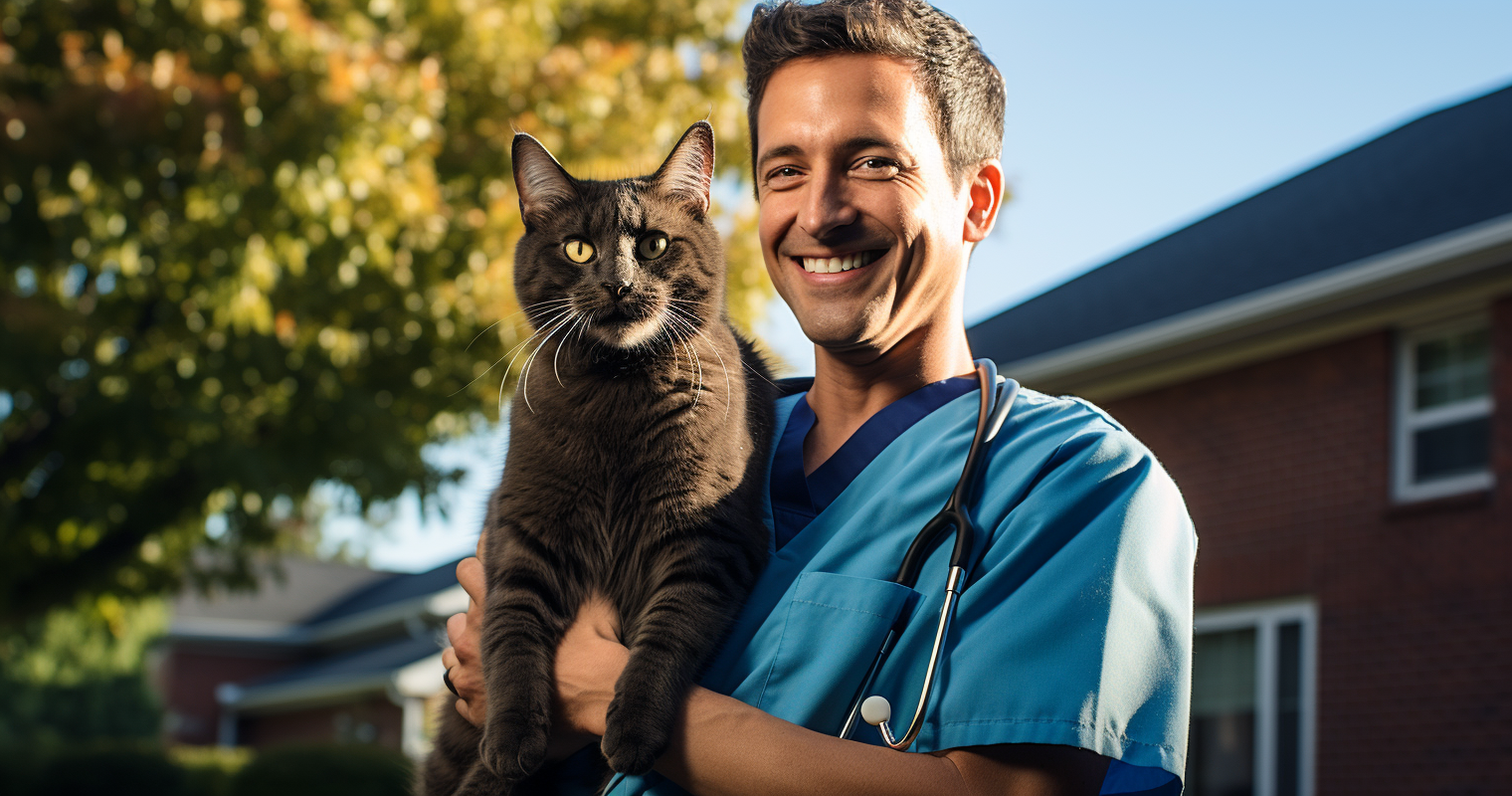When it comes to veterinary care, the United States is home to some of the most advanced and innovative practices in the world. In this article, we’ll take a closer look at the standard of veterinary care in the United States, the national veterinary association, and how to find English-speaking vets or the availability of vets.
Standard of Veterinary Care
The standard of veterinary care in the United States is generally considered to be very high. The country is home to many well-respected veterinary schools and hospitals, and the industry is heavily regulated by the government. The American Veterinary Medical Association (AVMA) sets guidelines and standards for veterinary care, and all practicing veterinarians must adhere to these guidelines.
In the United States, veterinarians are required to complete a degree program at an accredited veterinary school, pass a national exam, and obtain a license in order to practice. The AVMA also requires veterinarians to engage in continuing education to stay up-to-date on the latest practices and technologies.
National Veterinary Association
The American Veterinary Medical Association (AVMA) is the national veterinary association in the United States. The AVMA was founded in 1863 and is headquartered in Schaumburg, Illinois. It is the oldest and largest veterinary medical association in the world, with over 97,000 members.
The AVMA is a not-for-profit organization that advocates for the veterinary profession and promotes animal health and welfare. It sets guidelines and standards for veterinary care, provides educational resources for veterinarians and pet owners, and conducts research on animal health and welfare issues.
Contact details for the AVMA:
- Address: 1931 N. Meacham Road, Suite 100, Schaumburg, IL 60173-4360
- Phone: 800-248-2862
- Website: https://www.avma.org/
Different Langauges and Vets
English is the primary language of communication in the United States, so it’s not difficult to find English-speaking vets. In fact, the vast majority of vets in the United States are fluent in English. However, if you are traveling to the United States and are more comfortable communicating in a language other than English, there are still options available.
One option is to use a translation app on your smartphone to communicate with your veterinarian. Google Translate and iTranslate are two popular translation apps that allow you to communicate in real-time with someone who speaks a different language.
Another option is to search for a veterinarian who speaks your language. Many larger cities in the United States have veterinary clinics that cater to specific ethnic communities. For example, there are many veterinary clinics in New York City that specialize in caring for pets of Chinese, Korean, or Spanish-speaking clients.
Availability of Vets
Vets are widely available throughout the United States, with both private practices and larger veterinary hospitals in most cities and towns. In fact, the United States has more veterinarians per capita than any other country in the world.
In addition to private practices and veterinary hospitals, there are also emergency veterinary clinics that are open 24/7. These clinics provide emergency care for pets outside of regular business hours, and are often equipped to handle more serious conditions that require immediate attention.
To find a veterinarian in the United States, you can search online directories such as the AVMA’s VetFinder tool or the American Animal Hospital Association’s hospital locator. You can also ask for recommendations from friends, family, or your local pet store.
Overall, there are a variety of options for finding veterinary care in the United States, and pet owners should consider their location and the specific needs of their animal when seeking out a veterinarian.

